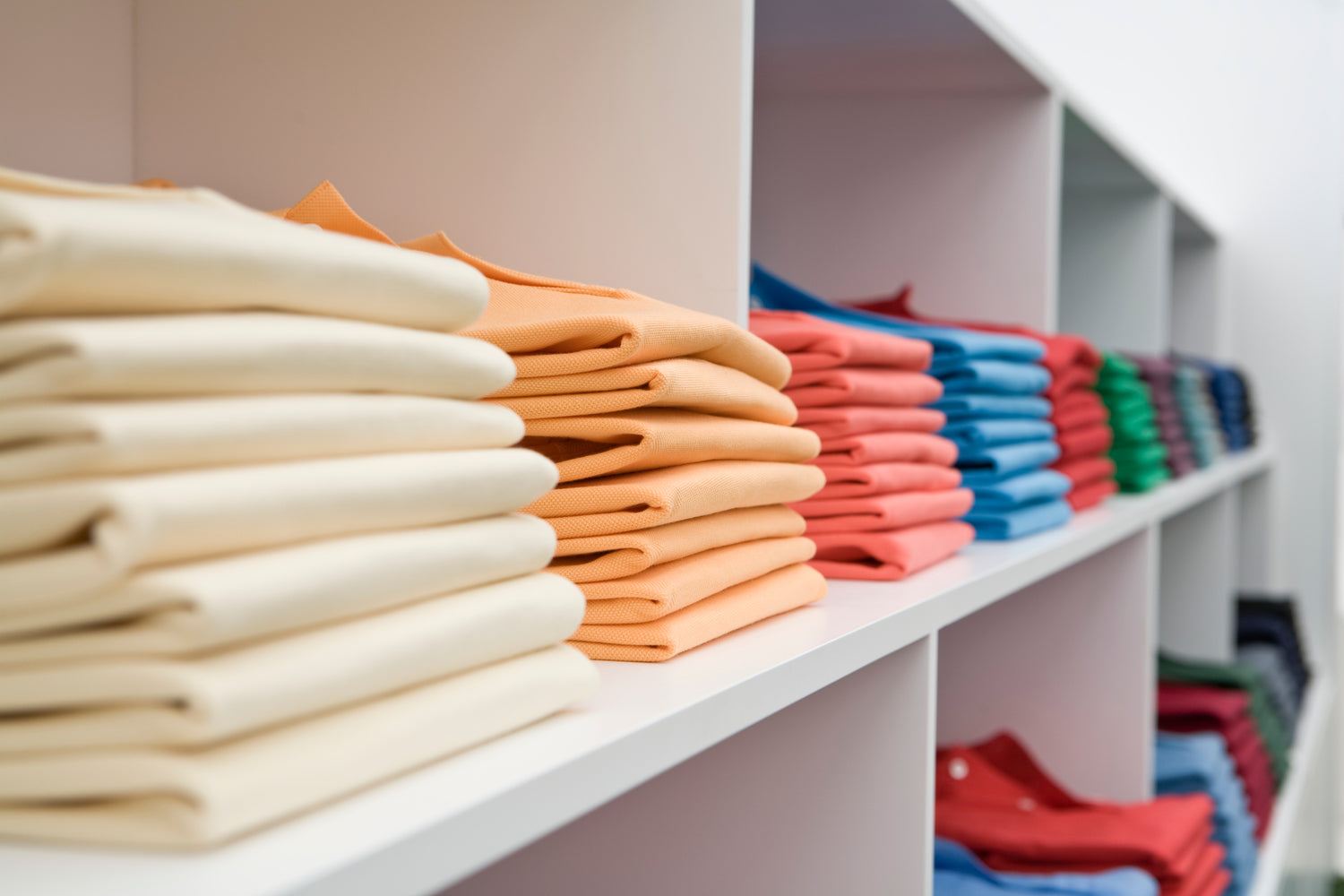
Do you need a solution for textiles extended producer responsibility in the Netherlands?
Collection and treatment of textile waste? Registration and reporting to the authority?
FAQ
Who is European Recycling Platform Netherlands?
European Recycling Platform Netherlands, part of the Landbell Group, is a Producer Responsibility Organisation (PRO) helping companies comply with Dutch textile EPR regulations.
Textile EPR policies are developing in the EU and globally, and we are able to provide you with global one-stop-shop solutions so that you only have a single point of contact covering textiles and even other product streams EPR in all countries you operate.
Why Extended Producer Responsibility (EPR) for Textiles in the Netherlands?
Since July 1, 2023, the Netherlands has implemented Extended Producer Responsibility (EPR) for textiles to promote sustainability and reduce waste. This makes companies responsible, including financially, for the collection, reuse, and recycling of textile products once consumers discard them.
The goal is to achieve a circular textile industry by 2050. Currently, half of all textiles end up as non-recyclable waste. The EPR rules encourage businesses to adopt sustainable production methods and use more recycled materials, reducing environmental impact.
To whom do the Textiles EPR rules apply to?
The rules apply to ‘’producers’’ who place newly manufactured clothing and household textiles on the Dutch market. This includes:
• Manufacturers based in the Netherlands
• Importers based in the Netherlands
• Foreign suppliers, including online sellers, who sell directly to Dutch consumers
The term "placing on the market" refers to the first availability of these textiles in the Netherlands, regardless of the selling method or the first buyer, which can be a store, company, or consumer. The textiles can be sold or given away for free.
Which textile products fall under the Textile EPR decree?
The Textile EPR in the Netherlands applies only to producers who place the following textile products on the market:
Clothing:
• Consumer clothing (customs codes 61 and 62)
• Workwear (customs codes 61 and 62)
Household textiles:
• Bed linen (customs code 6302)
• Table linen (customs code 6302)
• Household linen (customs code 6302), such as towels and tea towels
Additionally, the textile EPR apply only to new clothing and new household textiles, not second-hand items.
Which textile products are exempt?
The EPR textiles apply only to producers who place new clothing (consumer clothing and workwear) and new household textiles (bed linen, table linen, and household linen) on the market.
Producers of the following textile products are not subject to the EPR textiles:
• Bags and belts (customs code 42)
• Shoes (customs code 64)
• Headwear (customs code 65)
• Blankets (customs code 6301)
• Curtains, drapes, and roller blinds (customs code 6303)
• Bedspreads (customs code 6304)
• Sacks (customs code 6305)
• Covers, tarpaulins, and tents (customs code 6306)
• Mops, dishcloths, cleaning cloths, and dusters (customs code 6307)
Is the 2025 Compliance Package Enough for Full Compliance?
Yes, by purchasing the 2025 Compliance Package, you fully comply with the Dutch Textile EPR regulations. As your Producer Responsibility Organisation, we handle the following on your behalf:
• Registration and Reporting: We register your company and submit all required reports to the Dutch authority
• Collection and Recycling: We organise and finance the collection and recycling of textiles, ensuring compliance with EPR requirements
• Recycling Targets: We ensure you meet the 2025 recycling targets set by law
• Operational Management: We manage the entire textile waste stream in the Netherlands, including the collection and processing of textile waste, to support circularity in the textile value chain.
This package ensures full compliance with no additional cost. For more details, click here:
EPR Textile Compliance Package 2025
Missed the 2024 report deadline?
If you haven’t submitted your 2024 report, we can handle it to ensure compliance and avoid penalties. Please note that the deadline was 1 August 2024.
To proceed, please click here:
EPR Textile Compliance Package 2024
What is the difference between the 2024 and 2025 packages?
The difference is that in 2024, the service package mainly covered registration, reporting, and administrative costs.
In 2025, companies are required to meet specific targets for the collection, reuse, and recycling of textiles. This means they must actively finance and organise the entire recycling process. As a result, the 2025 package includes both administrative and operational costs for collection and recycling.
Can I buy compliance packages if I bring over 10,000 kg of textile products to the Dutch market?
No, our online compliance packages are for smaller producers. If you bring over 10,000 kg, please contact us for membership details:
info.nl@click-and-comply.com
